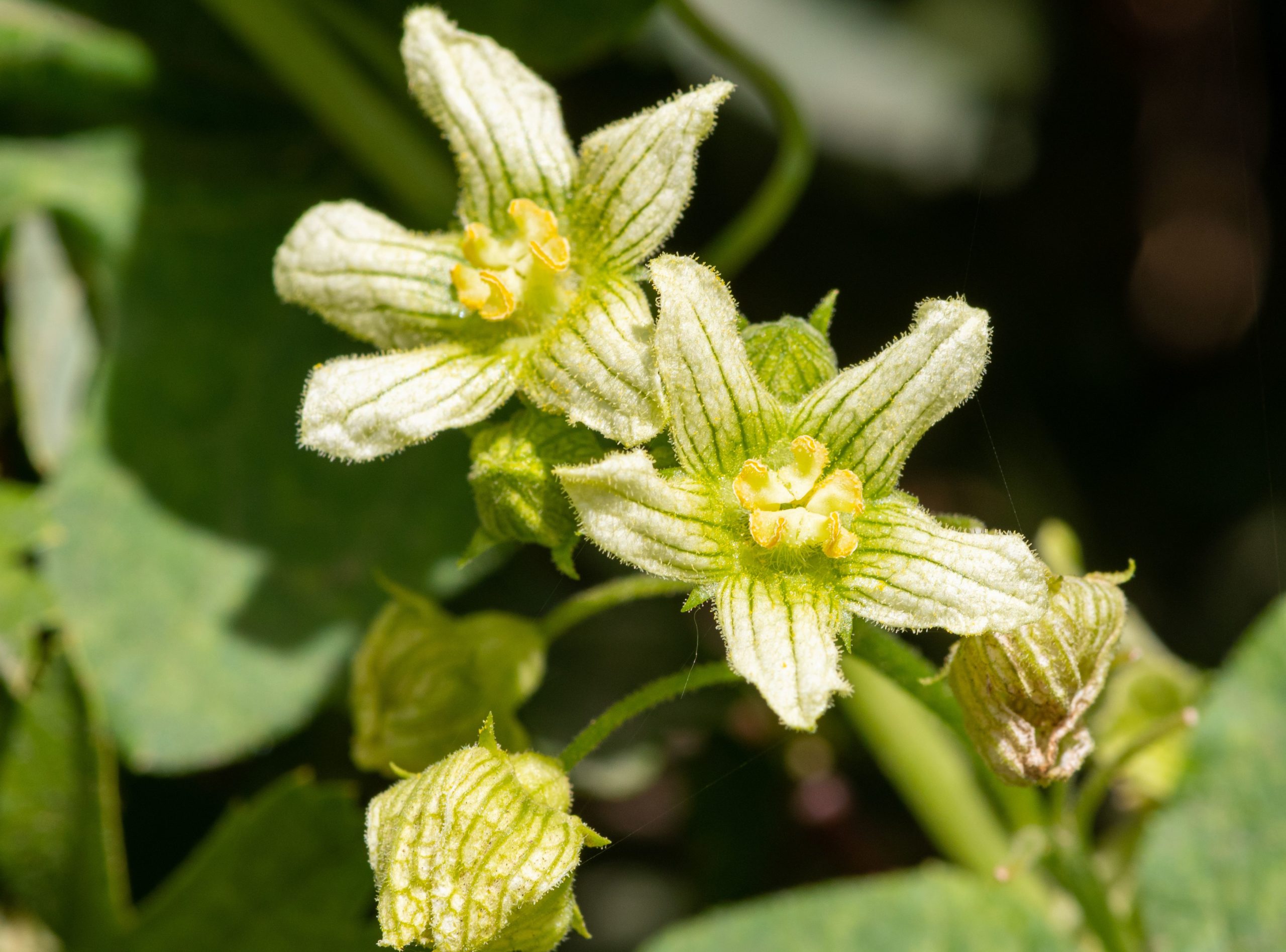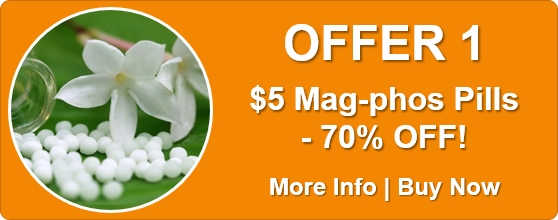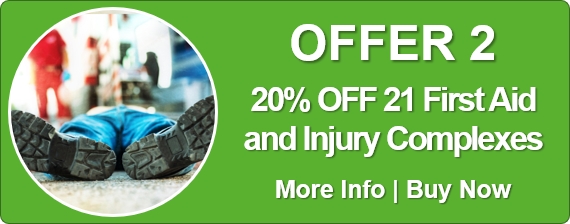Boericke on Bryonia Alba (Bry)
 Bryonia Alba (Wild Hops)
Bryonia Alba (Wild Hops)
Acts on all serous membranes and the viscera they contain. Aching in every muscle. The general character of the pain here produced is a stitching, tearing; worse by motion, better rest. These characteristic stitching pains, greatly aggravated by any motion, are found everywhere, but especially in the chest; worse pressure. Mucous membranes are all dry. The Bryonia patient is irritable; has vertigo from raising the head, pressive headache; dry, parched lips, mouth; excessive thirst, bitter taste, sensitive epigastrium, and feeling of a stone in the stomach; stools large, dry, hard; dry cough; rheumatic pains and swellings; dropsical effusions into synovial and serous membranes.
Bryonia affects especially the constitution of a robust, firm fiber and dark complexion, with tendency to leanness and irritability. It prefers the right side, the evening, and open air, warm weather after cold days, to manifest its action most markedly.
Children dislike to be carried or raised. Physical weakness, all-pervading apathy. Complaints apt to develop slowly.
Mind.–Exceedingly irritable; everything puts him out of humor. Delirium; wants to go home; talks of business.
Head.–Vertigo, nausea, faintness on rising, confusion. Bursting, splitting headache, as if everything would be pressed out; as if hit by a hammer from within; worse from motion, stooping, opening eyes. Headache becomes seated in occiput. Drawing in bones towards zygoma. Headache; worse on motion, even of eyeballs. Frontal headache, frontal sinuses involved.
Nose.–Frequent bleeding of nose when menses should appear. Also in the morning, relieving the headache. Coryza with shooting and aching in the forehead. Swelling of tip of nose, feels as if it would ulcerate when touched.
Ears.–Aural vertigo (Aur; Nat sal; Sil; Chin). Roaring, buzzing.
Eyes.–Pressing, crushing, aching pain. Glaucoma. Sore to touch and when moving them.
Mouth.–Lips parched, dry, cracked. Dryness of mouth, tongue, and throat, with excessive thirst. Tongue coated yellowish, dark brown; heavily white in gastric derangement. Bitter taste (Nux; Col). Burning in lower lip in old smokers. Lip swollen, dry, black, and cracked.
Throat.–Dryness, sticking on swallowing, scraped and constricted (Bell). Tough mucus in larynx and trachea, loosened only after much hawking; worse coming into warm room.
Stomach.–Nausea and faintness when rising up. Abnormal hunger, loss of taste. Thirst for large draughts. Vomiting of bile and water immediately after eating. Worse, warm drinks, which are vomited. Stomach sensitive to touch. Pressure in stomach after eating, as of a stone. Soreness in stomach when coughing. Dyspeptic ailments during summer heat. Sensitiveness of epigastrium to touch.
Abdomen.–Liver region swollen, sore, tensive. Burning pain, stitches; worse, pressure, coughing, breathing. Tenderness of abdominal walls.
Stool.–Constipation; stools hard, dry, as if burnt; seem too large. Stools brown, thick, bloody; worse in morning, from moving, in hot weather, after being heated, from cold drinks, every spell of hot weather.
Urine.–Red, brown, like beer; scanty, hot.
Female.–Menses too early, too profuse; worse from motion, with tearing pains in legs; suppressed, with vicarious discharge or splitting headache. Stitching pains in ovaries on taking a deep inspiration; very sensitive to touch. Pain in right ovary as if torn, extending to thigh (Lilium; Croc). Milk fever. Pain in breasts at menstrual period. Breasts hot and painful hard. Abscess of mammæ. Frequent bleeding of nose at appearance of menses. Menstrual irregularities, with gastric symptoms. Ovaritis. Intermenstrual pain, with great abdominal and pelvic soreness (Ham).
Respiratory.–Soreness in larynx and trachea. Hoarseness; worse in open air. Dry, hacking cough from irritation in upper trachea. Cough, dry, at night; must sit up; worse after eating or drinking, with vomiting, with stitches in chest, and expectoration of rust-colored sputa. Frequent desire to take a long breath; must expand lungs. Difficult, quick respiration; worse every movement; caused by stitches in chest. Cough, with feeling as if chest would fly to pieces; presses his head on sternum; must support chest. Croupous and pleuro-pneumonia. Expectoration brick shade, tough, and falls like lumps of jelly. Tough mucus in trachea, loosened only with much hawking. Coming into warm room excites cough (Nat carb). Heaviness beneath the sternum extending towards the right shoulder. Cough worse by going into warm room. Stitches in cardiac region. Angina pectoris (use tincture).
Back.–Painful stiffness in nape of neck. Stitches and stiffness in small of back. From hard water and sudden changes of weather.
Extremities.–Knees stiff and painful. Hot swelling of feet. Joints red, swollen, hot, with stitches and tearing; worse on least movement. Every spot is painful on pressure. Constant motion of left arm and leg (Helleb).
Skin.–Yellow; pale, swollen, dropsical; hot and painful. Seborrhœa. Hair very greasy.
Sleep.–Drowsy; starting when falling asleep. Delirium; busy with business matters and what he had read.
Fever.–Pulse full, hard, tense, and quick. Chill with external coldness, dry cough, stitches. Internal heat. Sour sweat after slight exertion. Easy, profuse perspiration. Rheumatic and typhoid marked by gastro-hepatic complications.
Modalities.–Worse, warmth, any motion, morning, eating, hot weather, exertion, touch. Cannot sit up; gets faint and sick. Better, lying on painful side, pressure, rest, cold things.
Relationship.–Complementary: Upas when Bryonia fails. Rhus; Alumina. Illecebrum.–A Mexican drug.–(Fever with catarrhal symptoms, gastric and typhoid fever symptoms).
Antidotes: Acon; Cham; Nux.
Compare: Asclep tub; Kali mur; Ptelia.
Dose.–First to twelfth attenuation.
(Extracted from Materia Medica by William Boericke MD (1901). This materia medica is a condensed and concise list of remedy symptoms from provings and clinical usage. Later editions include a repertory at the back of the book. The focus of this materia medica, unlike some modern materia medicas, is on physical symptoms and pathology more than mental-emotional symptoms)






